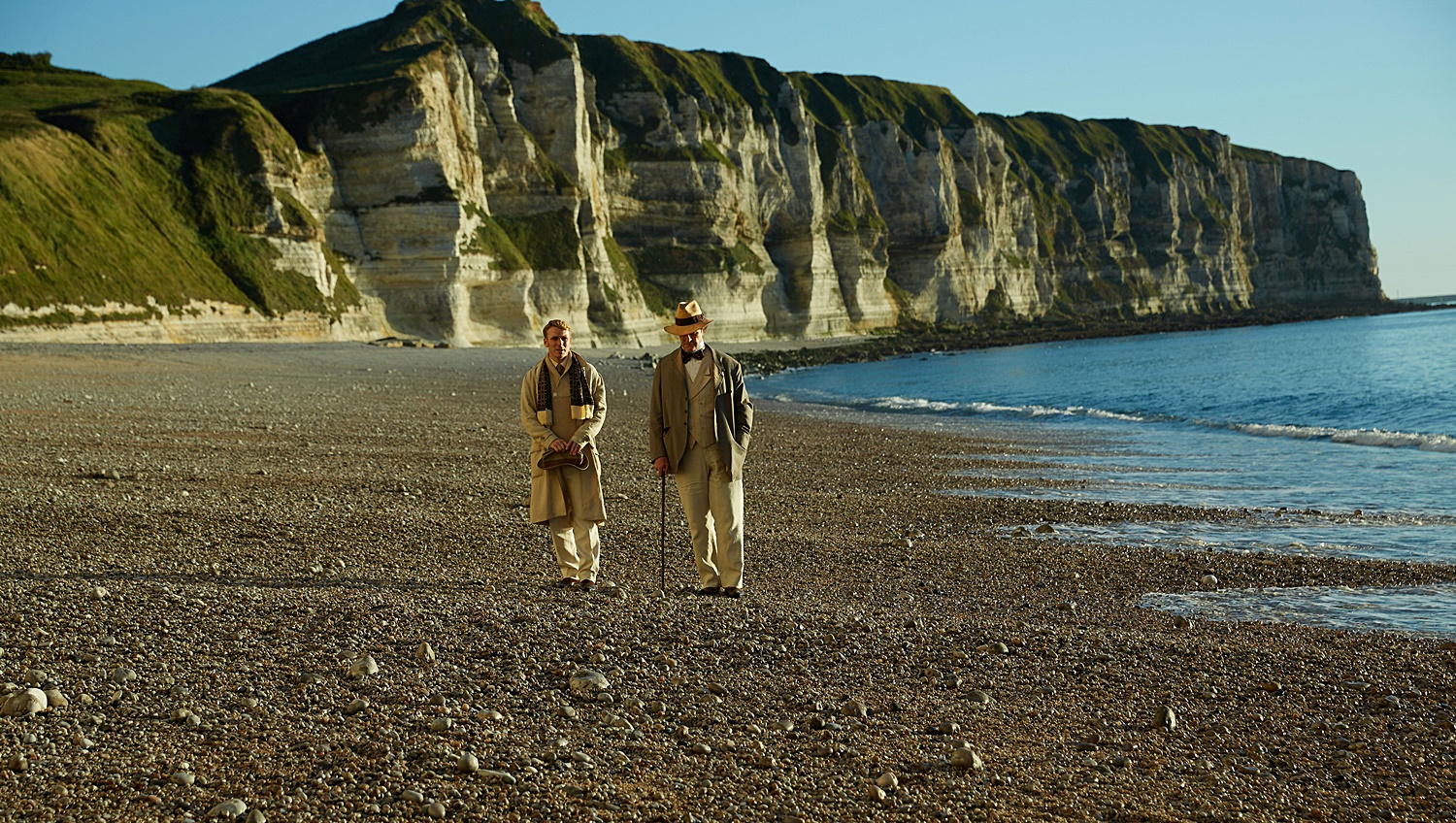
The Happy Prince
Dustin Chase
There seems to be an endless stream of actors directing their first projects lately. British actor Rupert Everett wrote, directed and produced The Happy Prince. He spent over a decade seeing the project through from its inception, with help from friends like Colin Firth and Emily Watson. Everett, whose career appears to have peaked in the 90s, delivers the sort of stuffy literary biography you might remember from those days. While many modern-day LGBT stories seek to alter the decade’s old fad of only telling stories with tragic endings or portraying negative stereotypes of gay men, Everett’s interpretation of poet Oscar Wilde’s final days does exactly that. If you didn’t know much about the maligned literary figure before The Happy Prince, odds are you won’t care to after this film.
‘Happy Prince‘ begins at the end. After London’s most famous playwright Oscar Wilde (Everett) loses a lawsuit for slander against the Marquess of Queensbury, the celebrated writer is himself convicted of sodomy. Wilde is imprisoned, sentenced to two years of hard labor. Upon his release, he finds his marriage to Constance Wilde (Watson) irreconcilable, his reputation ruined, and his presence detested all over Europe. Unable to write anymore, he becomes dependent on friends and family for money, transportation, and housing. Wilde flees to France attempting to resume the life of a gentleman under an assumed name, but notoriety soon follows him. Ultimately Wilde descends into a life of depression and alcoholism, drinking absinthe and lusting after young men until his death at age 46.
This film seems to be more of a vanity project for Everett, more grandstanding by him than anything else.
Everett paints a bleak and hopeless portrait of Wilde as a depraved old man who refuses to make his situation better. Everett’s script does little to tap into “the fall from grace” theme as it might pertain to a celebrity in Victorian England. Nor does the Golden Globe nominee use the framework of the story to provide the viewer with any real context of the persecution of homosexuality during the era. There is a scene where the accused is chased by violent youth and a scene of public spitting, but that’s as deep as Everett is willing to go here. This film seems to be more of a vanity project for Everett, more grandstanding by him than anything else. It is scene after scene of closeups of Everett in what is arguably a gross misrepresentation of the truth about Wilde’s final years.
What is difficult to understand is whether Everett a fan of Wilde or not, since he paints the playwright is such a despicable and negative light? Everett, 59 is playing a 40-something Wilde, but the makeup, wigs and wardrobe would suggest to the viewer that Wilde is closer to 70. Everett’s first crack at directing misses the mark with a film that is often too dark and too harshly shot. The editing is a jumble, often confusing the viewer as to what time period (flashback or present day) the story is in. One of The Happy Prince’s few highlights come at the end of the story when Tom Wilkinson as a sarcastic priest comes to the ailing man’s bedside. The vintage scenes on the French coastline are stunning to look at and a breath of fresh air from the claustrophobic interior scenes.
Final Thought
Everett’s directorial debut is a project of narcissism and vanity as he freely interprets the more repugnant elements of Oscar Wilde’s later years.
